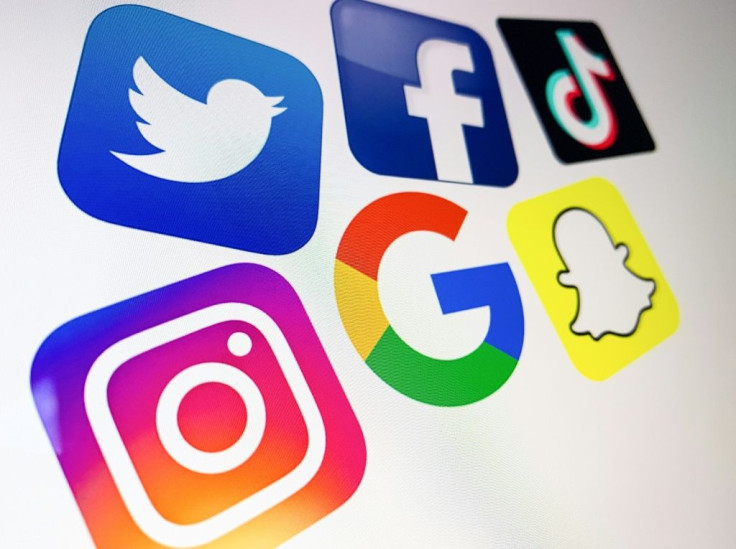After Ushering In Koo To Overthrow Twitter, India Launches Sandes To Topple WhatsApp
After
KEY POINTS
- WhatsApp has 422 million monthly active users on Android
- India's version of Twitter, Koo, had witnessed a huge surge in takers after the government's clash with the micro-blogging site
- The country's 'Self-reliant India' scheme aims to promote indigenous products
Prompting comparisons to China's strict social media regulations and the introduction of WeChat, India has come up with its own version of WhatsApp -- an instant messaging platform called Sandes.
The Indian government and WhatsApp have been at loggerheads with each other over end-to-end encryption ever since the American instant messaging app announced its decision to change its privacy policy.
Sandes, like WhatsApp, can be used for all kinds of communications by anyone with a mobile number or email address, reports The Indian Express. Much like WhatsApp, Sandes has features for creating groups, broadcasting messages, message forwarding and emojis.
Sandes is available for download on iOS from Thursday while it is being tested for release on Android smartphones. The first version of the app, Government Instant Messaging System (GIMS), was launched in August 2020 by the National Informatics Centre for central and state government officials to enable inter and intra-organization communication, reports NDTV.
"A need was being felt within the government for a very long time to have our own, independent, and self-owned instant messaging service. Development of these apps began way before the present WhatsApp controversy," NDTV said quoting an unnamed source with the Ministry of Electronics and Information and Technology (MeITY).
"We will never have to worry about data being stolen and used for commercial gains by big tech," the source added.
The new app is a reflection of the recent government policy to push indigenously developed products in line with its 'Self-reliant India' or 'Atmanirbhar Bharat' scheme. Indian Prime Minister had recently laid his vision for products to tap the huge potential of India’s markets.
This also means India is set to take on Big Techs. Hinting at its reservations towards "big corporations using the data of Indian citizens for cross businesses", India had maintained it would like to protect its policy space. There were also calls to regulate Big Tech, thereby not allowing foreign powers to manipulate narratives and distort public opinion.
India is a huge market for tech with WhatsApp having 422 million monthly active users on Android by Dec. 2020. By the end of the last year, WhatsApp had rolled out its payment service, WhatsApp Pay, in the world’s second-largest internet market.
The country's apex court recently pulled up social media firm Facebook and its messaging app, WhatsApp, when its new privacy policy had courted controversy. But, MeITY sources maintained that the development of these apps began way much before the WhatsApp controversy.
Recently, India's version of Twitter -- Koo -- had seen a huge surge in takers, post the government's clash with the micro-blogging site. While Koo had approximately 2.6 million installs from Indian app stores last year, this year from Feb. 6 to Feb. 11, the app's downloads soared by 901,000.
India had warned Twitter to remove posts that were spreading “inflammatory content” with regard to the ongoing farmer's protests in the country, or face jail.
Twitter soon toed the line and blocked 1,398 of the 1,435 accounts flagged by the Indian Government as any ban on Twitter in India could hit the tech giant hard.
The country's ban on Tik Tok last June had also spurred the growth of homegrown short-video making apps, like Josh, which went on to capture 40 percent market share of TikTok.

© Copyright IBTimes 2025. All rights reserved.





















